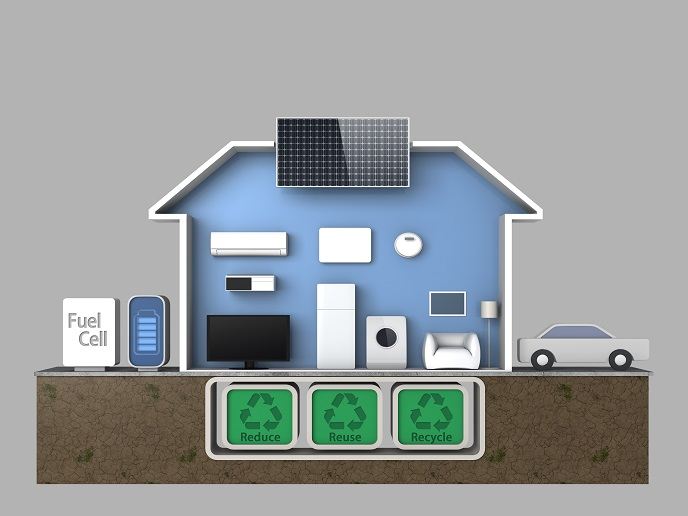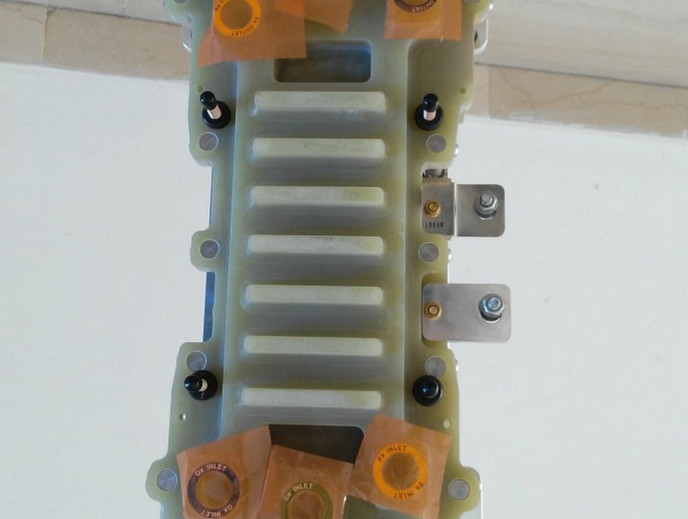Assessing the risk of hydrogen fuel contamination
Funded by the EU, the project HYCORA(opens in new window) (Hydrogen contaminant risk assessment) is working out a strategy for significantly decreasing the cost of hydrogen quality assurance. The project uses risk assessment to identify critical needs for hydrogen impurity gas analysis, contamination of proton exchange membrane fuel cells (PEMFCs) and purified hydrogen. The focus is mainly on steam reforming for hydrogen production and pressure swing adsorption for purification. Research regarding the contamination of PEMFCs is performed in single cella and in a down-scaled automotive fuel cell system. The possible mitigation effect due the start and stop is analysed. The contaminants and their levels are determined and used in risk assessment with the help of an automotive advisory board. Measurement campaigns in hydrogen refuelling stations will provide quantitative data regarding the fuel composition and variations in impurity concentrations. Work on the susceptibility of hydrogen contaminants and characterisation of analytical methods for hydrogen quality assurance has already started. Project partners have obtained significant results on the hydrogen poisoning rate. In particular, they have found that the effect of carbon monoxide on catalyst poisoning rate highly depends on the current density and seems to depend on the cathode gas diffusion layer. The first version of a qualitative risk model has been presented at a workshop in Brussels. Contaminant measurements in fuel cells are providing the possibility of revising current standards for hydrogen quality characteristics in automotive applications. HYCORA should ultimately lead to cheaper and more reliable quality assurance procedures and instrumentation for hydrogen refuelling stations.







